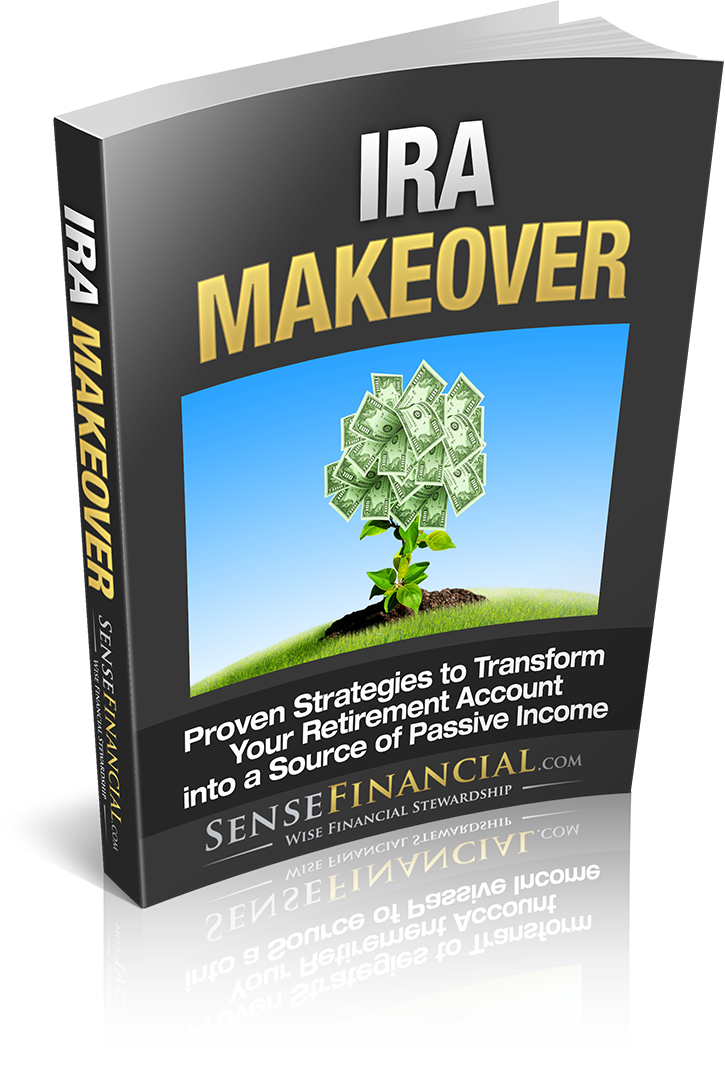Directing Your Solo 401k Plan as Trustee

The Solo 401k Plan is a retirement account that meets the requirements in Section 401 of the Internal Revenue Code. As a qualified plan, the Solo 401k Plan does not require the hiring of a third party (such as bank or trust company) to serve as trustee. You, as plan participant, can serve as trustee of your 401k.
Solo 401k Rules state that plan assets must be held in a trust, and a trustee must be designated to hold the assets. According to the IRS, the trustee is responsible for the “activities of the trust and its assets.” This includes directing investments, filing a 5500-EZ if the assets reach $250,000 and above, and processing contributions.
This structure gives the plan its flexibility and advantages.
Advantages of the plan
- Reduced cost
The participant-as-trustee gives significant cost benefit. Because a custodian is not needed, you are saved from paying third-party custodian fees. Custodians typically charge maintenance fees for the accounts and fees per investment.
- Eliminated delays
Without the need for custodian consent, the trustee can make investment decisions and respond to opportunities quickly. So delays are eliminated, and investing can be done in real time.
- Simplified process
The Solo 401k plan is simple to operate because the participant serves most roles in the plan. He/she is employee, employer, administrator and trustee of the plan.
Administration is easy. Track of the transactions of the plan and, when needed, file on behalf of the plan.
Investing is also simplified. Choose and makes the investments, making sure to avoid prohibited transactions as defined by the IRS.
- Banking control
The trustee can choose the bank or institution for the 401k accounts. He/she establishes a checking account in the name of the trust and with the EIN of the trust; it is a separate entity from the owner. As trustee, he/she invests through the account and directs the funds with checkbook control.
- Self-directed investments
The self-directed Solo 401k Plan from Sense Financial gives participants full investment control. You can invest in almost every class, from real estate to private businesses. You can diversify your retirement funds for maximum growth.
Sense Financial Services assists clients in creating their self-directed retirement accounts with checkbook control. Contact us today to discuss the right retirement vehicle for you.


August 10, 2017 @ 9:48 am
Great and informative article! Thanks. I’m looking at opening a solo 401k now, and this was the information I needed.